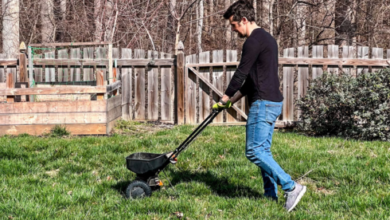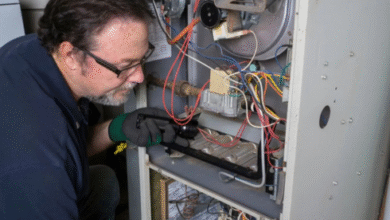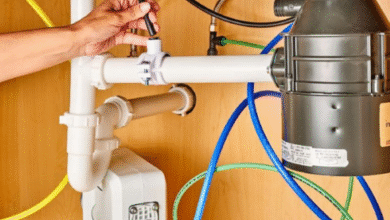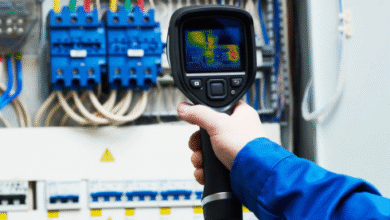Clean, Clear, and Reliable: Why Water Solutions Matter More Than You Think
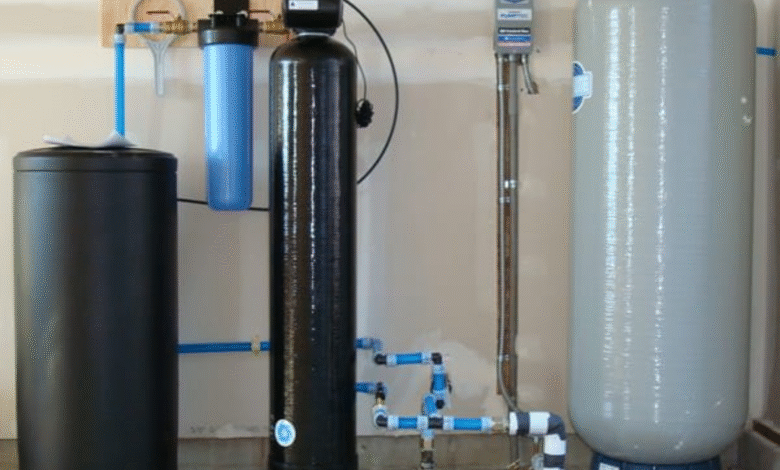
There’s something oddly comforting about the sound of running water—until it’s not. When you turn on a faucet and the water sputters, comes out cloudy, or worse, smells metallic, suddenly that everyday comfort feels like a luxury slipping through your fingers. And it’s in those moments you realize: water isn’t just a convenience. It’s a lifeline. Whether you’re at home making coffee, running a restaurant in downtown Charleston, or managing an office building, the quality and reliability of your water supply shape the way you live and work more than you probably notice.
The Local Challenge No One Talks About
Charleston and the surrounding Lowcountry have a special charm, but let’s be honest—our water can sometimes tell a different story. From mineral build-up that clogs pipes to seasonal storms that stress old systems, the area presents unique challenges for both homeowners and businesses. That’s why having reliable water filtration experts near Charleston isn’t just “nice to have”—it’s essential. These aren’t the kind of services you call only once; they become long-term partners who know the quirks of local water and can keep things running smoothly, no matter what’s happening outside your door.
Why Water Softening Isn’t Just About Taste
If you’ve ever noticed your glassware looking cloudy after a run in the dishwasher or your shower doors coated with stubborn spots, you’ve seen the effects of hard water firsthand. For businesses, though, hard water is more than a cosmetic nuisance—it’s expensive. Mineral deposits scale up inside commercial dishwashers, boilers, and laundry equipment, driving up maintenance costs and dragging down efficiency. Restaurants spend more on detergents, hotels replace linens sooner, and manufacturing plants watch their productivity slip.
That’s where commercial water softening systems come into play. They’re not flashy. You won’t show one off at a dinner party. But behind the scenes, these systems save serious money, extending the lifespan of equipment and lowering energy costs. Think of it as preventative care for your building—like regular exercise or eating vegetables, but for your plumbing and appliances. It may not grab attention in the short term, but it pays dividends over time.
Emergencies Don’t Wait for Business Hours
The thing about water is, it doesn’t respect your schedule. A pipe can burst in the middle of a Sunday dinner rush. A filtration unit might fail the night before a big wedding at your venue. And when those moments hit, panic is often the first response. Water on the floor, customers waiting, staff scrambling—it’s the kind of stress no one wants but everyone needs to prepare for.
That’s why access to emergency water equipment repair matters so much. The best companies don’t just show up with tools; they show up with solutions, ready to get systems back online quickly. They understand that every hour of downtime isn’t just an inconvenience—it’s revenue lost, reputations damaged, and sometimes even health and safety on the line. In those moments, you’re not just paying for a repair—you’re buying back peace of mind.
The Human Side of Water Care
Here’s something people forget: water services aren’t just about pipes and filters. They’re about people. That restaurant owner who depends on consistent ice production. The hospital administrator who can’t afford a disruption in sterilized water. The family of four who just wants to trust the water coming out of their kitchen tap. When water goes wrong, it touches every aspect of daily life.
Good service providers know this. They listen, they adapt, and they explain things in plain English instead of drowning you in technical jargon. Because at the end of the day, the work isn’t about selling a system—it’s about building trust. And trust is what keeps you picking up the phone and calling the same folks again when the next issue pops up.
Looking Ahead: Smarter, Greener Solutions
We’re living in a time when technology is weaving itself into every part of our lives, and water treatment is no exception. Smart monitoring systems can now alert you before a filter clogs. Environmentally friendly filtration methods are reducing chemical use. Energy-efficient softeners are trimming down water and salt consumption. It’s not just about fixing today’s problems—it’s about anticipating tomorrow’s and doing so sustainably.
For businesses in particular, going green isn’t just good for the planet; it’s good for PR and compliance. Customers notice when companies care about their impact. Local governments are setting higher standards. And those who invest in smarter solutions today won’t be scrambling to catch up when regulations tighten tomorrow.
Why Doing Nothing Isn’t Really an Option
It’s easy to ignore water issues until they become urgent. A little scale build-up here, a slightly odd taste there—it doesn’t always feel pressing. But waiting usually means costs pile up later: higher energy bills, broken appliances, unsatisfied customers, and the looming risk of a major system failure. Water problems don’t just go away. They grow quietly, behind walls and under floors, until one day they refuse to be ignored.
And really, who wants that? There are enough stresses in life without adding “water crisis” to the list. Choosing proactive solutions might feel like one more thing on your plate today, but it’s also one less thing to worry about tomorrow.
Wrapping It Up: Water Is Personal
When you strip everything else away, water is deeply personal. It’s the coffee you drink to start your morning, the clean dishes you eat dinner from, the showers that refresh you after a long day. For businesses, it’s the hidden backbone of service, production, and comfort. And when it falters, you feel it immediately.
That’s why investing in the right partners, systems, and emergency support is worth every penny. Because when water is clean, soft, and reliable, you barely think about it at all—and that’s the point. It quietly does its job, letting you get on with living yours.

